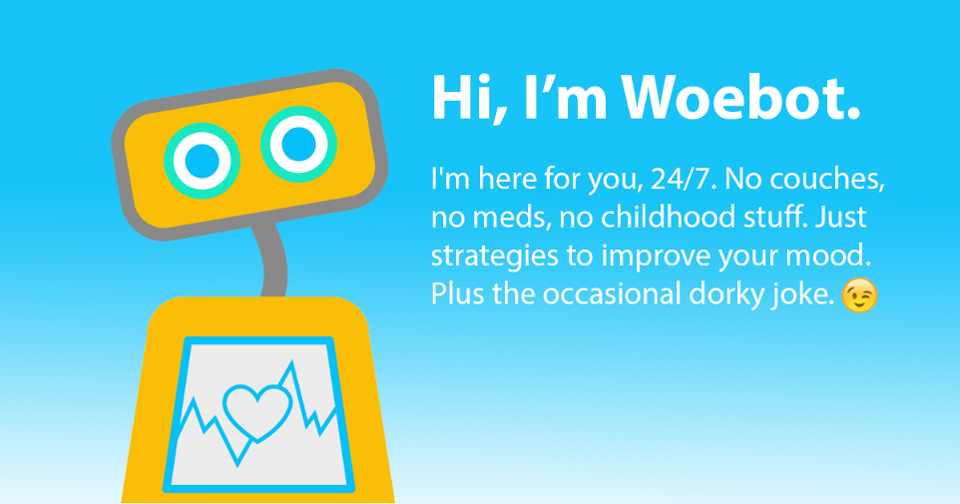The rapture of the machines. The subject of fiery debates and endless banter. Everyone is talking about how robots are going to get all our jobs and take over the entire world as soon as they get brains of their own. But that’s not how the real world is supposed to work.
copyright by www.forbes.com
 In the real world, real people must make conscious decisions as to how and when robots will be deployed in particular industries in ways that better the lives of the humankind. But in order to do that, we must all ask ourselves the question, what are robots good for?
In the real world, real people must make conscious decisions as to how and when robots will be deployed in particular industries in ways that better the lives of the humankind. But in order to do that, we must all ask ourselves the question, what are robots good for?
Great at specific tasks
A robot isn’t functional in ways that a natural animal is functional. It can’t climb a flight of stairs, nor can it make intelligent deductions with regards to subjective matters as well as a human can. Don’t get me wrong, we do have robots that can walk around on two feet or scour the internet for fake news, but they are not nearly as effective as real humans in their position are expected to be. The amount of resources and hard work that goes into a robot to make it walk like a real human being is simply wasteful, we all know that artificial intelligence that helps fight fake news is not nearly as good as advertised. The reason behind this is simple, machines have a specific skillset, and they work best when they are implemented based on that skillset. Artificial intelligence, as it stands today, is not good at handling a lot of different tasks at once. It can, however, be exceptionally good at performing a singular task, like playing chess or recognizing objects within images, with greater accuracy than even humans can offer.
A great listener
There’s also one more task that artificial intelligence seems to be particularly well-equipped at handling: it’s psychiatry. For several decades, psychology has been considered to be the one subject that is neither scientific nor humanitarian, but standing at the junction of the two. It is rather telling that machines, products of years of scientific and technological advancements, should be so good at understanding the details of the human mind, a lot of which is largely a humanitarian subject, out of the bounds of mainstream science. […]
read more – copyright by www.forbes.com


The rapture of the machines. The subject of fiery debates and endless banter. Everyone is talking about how robots are going to get all our jobs and take over the entire world as soon as they get brains of their own. But that’s not how the real world is supposed to work.
copyright by www.forbes.com
Great at specific tasks
A robot isn’t functional in ways that a natural animal is functional. It can’t climb a flight of stairs, nor can it make intelligent deductions with regards to subjective matters as well as a human can. Don’t get me wrong, we do have robots that can walk around on two feet or scour the internet for fake news, but they are not nearly as effective as real humans in their position are expected to be. The amount of resources and hard work that goes into a robot to make it walk like a real human being is simply wasteful, we all know that artificial intelligence that helps fight fake news is not nearly as good as advertised. The reason behind this is simple, machines have a specific skillset, and they work best when they are implemented based on that skillset. Artificial intelligence, as it stands today, is not good at handling a lot of different tasks at once. It can, however, be exceptionally good at performing a singular task, like playing chess or recognizing objects within images, with greater accuracy than even humans can offer.
A great listener
There’s also one more task that artificial intelligence seems to be particularly well-equipped at handling: it’s psychiatry. For several decades, psychology has been considered to be the one subject that is neither scientific nor humanitarian, but standing at the junction of the two. It is rather telling that machines, products of years of scientific and technological advancements, should be so good at understanding the details of the human mind, a lot of which is largely a humanitarian subject, out of the bounds of mainstream science. […]
read more – copyright by www.forbes.com
Share this: